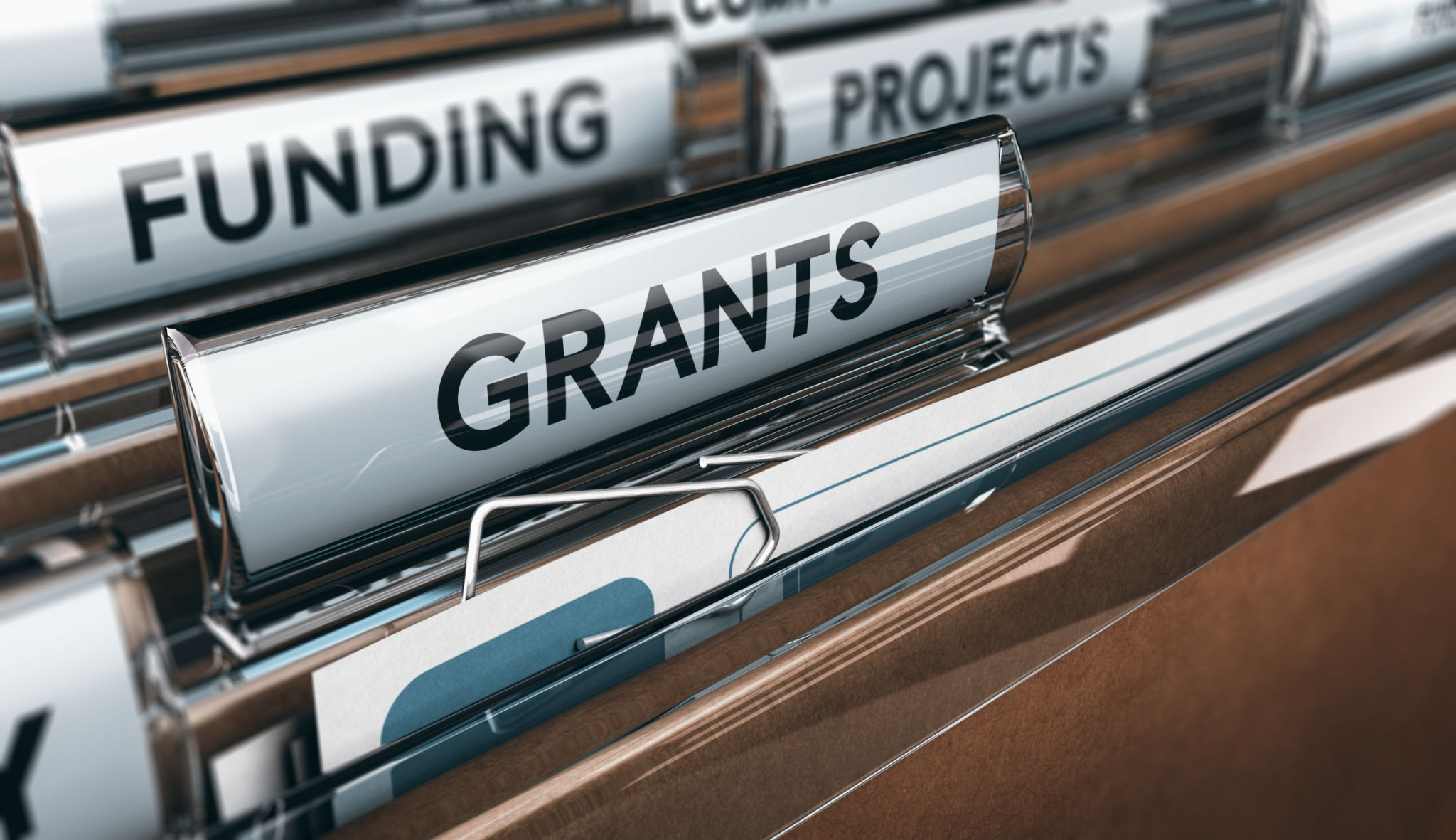Grant Writing 101: Essential Tips for Nonprofits Seeking Funding
Understanding the Basics of Grant Writing
Grant writing is an essential skill for nonprofits seeking funding to support their mission-driven initiatives. It involves crafting compelling proposals to persuade funders to invest in your organization’s projects. While it may seem daunting, mastering the basics of grant writing can significantly increase your chances of securing funding.
Before you start writing, it's important to understand the different types of grants available. These can include government grants, foundation grants, and corporate grants, each with unique requirements and application processes. Familiarize yourself with the specific guidelines and criteria of the grants you plan to apply for to tailor your proposals effectively.

Researching Potential Funders
To improve your chances of success, conduct thorough research on potential funders. Identify organizations or agencies that align with your nonprofit’s goals and values. This alignment is crucial as funders are more likely to support projects that resonate with their mission.
Utilize online databases, such as Foundation Directory Online or GrantStation, to find potential sources of funding. Additionally, consider networking with other nonprofits and attending grant-related workshops to gain insights and discover new opportunities.

Crafting a Compelling Proposal
A well-crafted proposal is the cornerstone of successful grant writing. Start with a clear and concise executive summary that outlines the purpose of your project and its impact. Remember, first impressions matter, so make this section engaging and informative.
In the body of your proposal, provide a detailed description of your project, including objectives, methodologies, and expected outcomes. Use data and evidence to support your claims, demonstrating to funders that your project is both necessary and feasible. Be sure to convey the significance of your project within the broader context of your community or target population.

Budgeting and Financial Planning
A critical component of any grant proposal is the budget section. This part should clearly outline how funds will be allocated and demonstrate that you have a realistic financial plan in place. Include detailed line items for expenses such as personnel, materials, and overhead costs.
Ensure transparency and accuracy in your budget to build trust with funders. It’s also wise to highlight any other sources of funding or contributions you expect to receive, as this can show funders that your organization has a comprehensive funding strategy.
Submission and Follow-Up
Once your proposal is complete, double-check it for errors and ensure that it complies with all submission guidelines. Meeting deadlines is crucial, so give yourself ample time to prepare and submit your application.
After submission, don’t forget to follow up with the funding organization. A polite follow-up can sometimes provide valuable feedback or keep your proposal top-of-mind for decision-makers. Regardless of the outcome, view the process as a learning experience to refine your grant writing skills for future opportunities.
